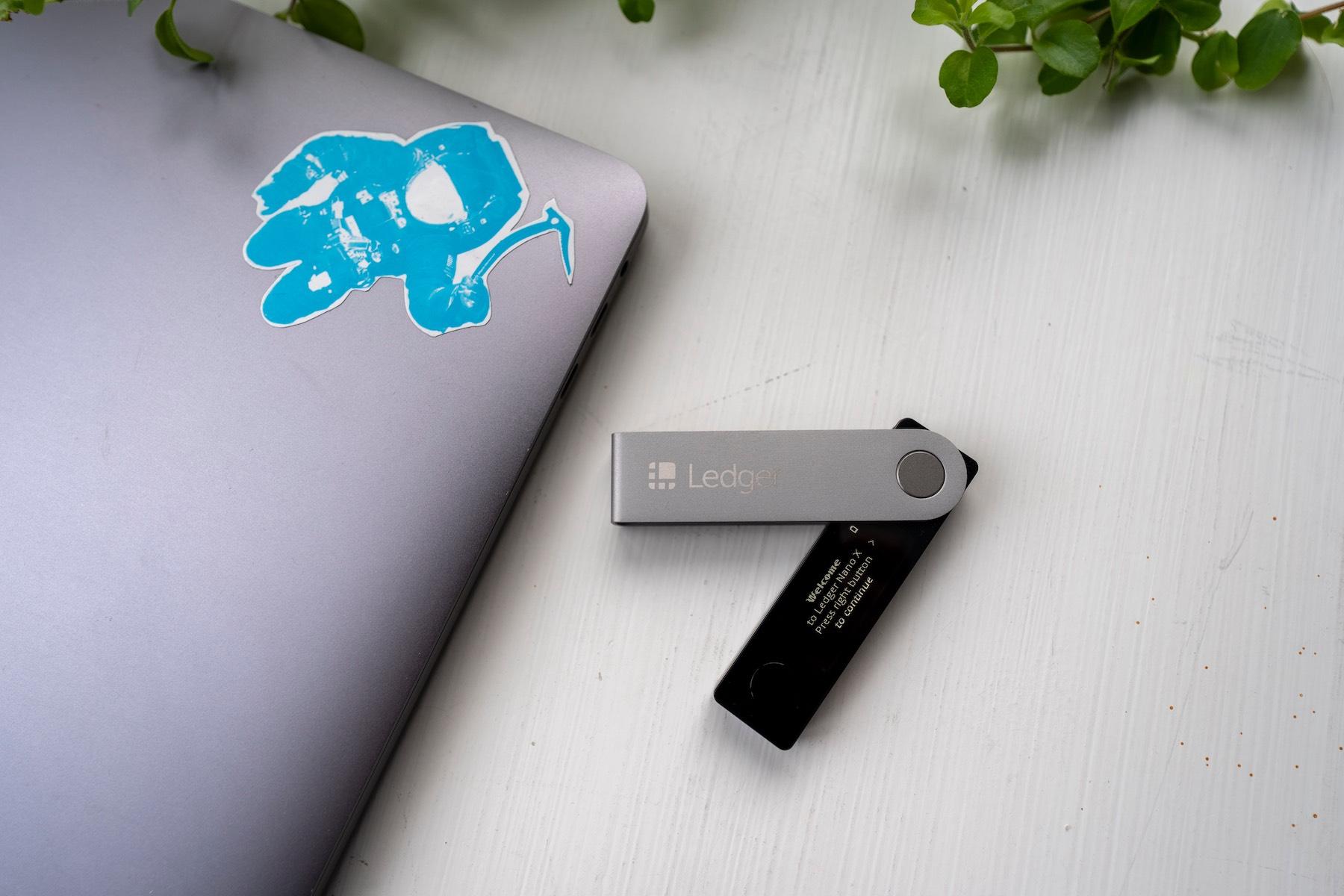Coinbase (COIN) and the US Securities and Exchange Commission (SEC) have been engaged in legal battles since last summer for a variety of reasons, not the least of which is the accusation that Coinbase has been selling unregistered securities to its users as an unlicensed broker.
At the end of March though, a US District Judge ruled in favor of both Coinbase and the SEC, but on different matters, each of which will have an effect on the industry.
Coinbase Loses Dismissal Motions
Judge Katherine Failla denied Coinbase’s motions to dismiss on March 27, 2024, with Coinbase looking to shake off the SEC’s allegations that Coinbase had been offering unregistered securities through its platform and staking program.
Failla found the SEC “sufficiently pleaded” to these allegations and the evidence supported their claims, meaning they can move forwards with their actions against Coinbase, which will likely involve some sort of fine.
SEC Loses Coinbase Wallet Brokerage Allegations
During the same decision, Failla also granted Coinbase’s claims about its wallet service. The SEC had previously argued Coinbase was acting as an unregistered broker when offering its “Coinbase Wallet” service to users.
Failla said, “The factual allegations concerning Wallet are insufficient to support the plausible inference that Coinbase ‘engaged in the business of effecting transactions in securities for the account of others’ through its Wallet application.”
While this is fairly significant for third-party wallet services such as Coinbase Wallet, MetaMask, and others, Failla also said that, in her opinion, transactions made with digital assets on secondary markets aren’t “categorically excluded” from being investment contracts. Whether this opinion could affect future rulings can’t be overlooked.
For now though, the ruling serves as a boon for DeFi developers worried that they could be sued as acting as unregistered brokers because they created an app that interfaces with DeFi platforms.
What Does This Mean for Wallets?
Overall, the ruling is a fairly significant setback for the SEC, as if they had succeeded in their accusations, then it would likely have curbed development of peer-to-peer software like crypto wallets and applications such as Uniswap or other DeFi platforms. Developers worried about potential legal drawbacks to creating new software can now relax and keep working.
However, the ruling doesn’t guarantee that there will be no regulation for crypto wallets at some point, as indicated by the judge’s statement that those secondary market transactions couldn’t be fully excluded from being investment contracts.
It’s also worth noting that the court sided with the SEC regarding the Howey test for cryptos being securities, meaning that almost all of them could be classified as such based upon that basis. The ruling also means that the SEC is going to be able to move forward with its case against Coinbase offering unregistered securities, which, when settled, will have significant impact on the sector.
Closing Thoughts
Even though Coinbase has won a small victory against the SEC, their legal battle is far from over and the ruling hasn’t precluded any future action against third-party wallets. Though it is certainly a good thing for the sector, there were also quite a few drawbacks to the judge’s statements and rulings, most of which we won’t fully feel until these cases are settled.
What comes from future court rulings between the SEC and its legal adversaries will continue to be incredibly important for the future of cryptocurrency adoption.
